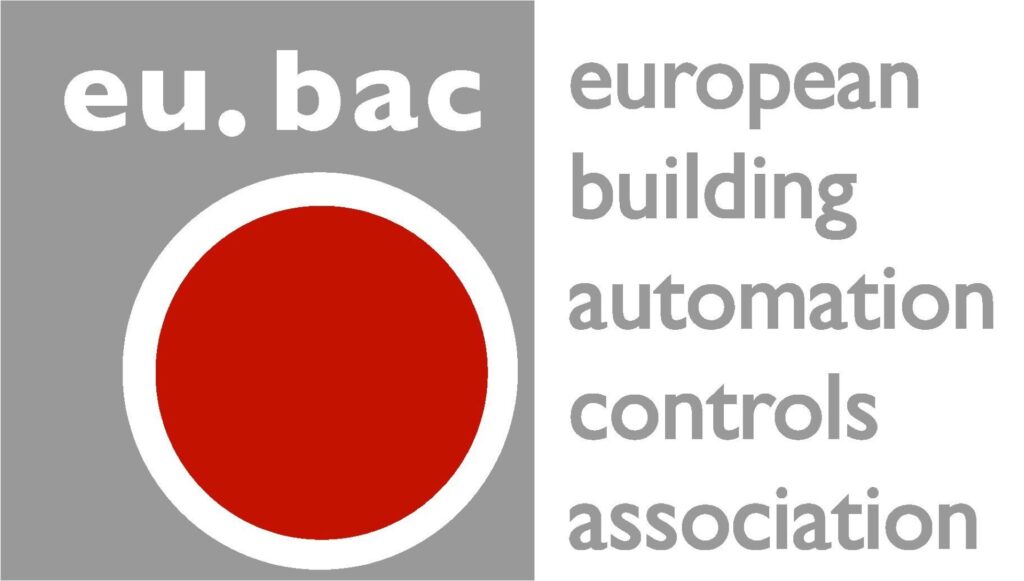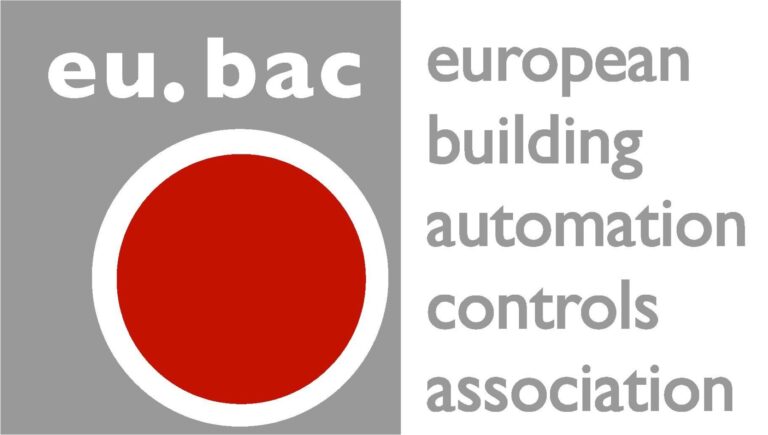eu.bac Press Release “Poor heating controls are failing European consumers”

Householders in the EU are collectively €12 billion worse off each year due to missing room temperature control in heating systems and successive market and regulatory failures argues a new report from eu.bac.
The report brings to light evidence showing that homes with individual room temperature controls use on average about 18% less energy than those without. The figure can be substantially higher, depending on user behaviour. The simplest form of room temperature control is to have thermostatic radiator valves (TRVs) fitted to radiators in place of manual radiator valves. TRVs automatically control energy use to maintain a selected room temperature level, helping to provide desired indoor comfort at least cost. Manual valves do not adapt energy use to actual room temperature, squandering energy and money continuously. Despite very small difference in upfront investment there are currently about 500 million radiators in Europe’s homes that still have manual valves, many of which will have only recently been installed.
Despite increasing political concerns that we need to increase the energy efficiency of our homes there is a lack of concrete action to ensure that heating systems are installed with effective controls. Eu.bac is calling for the European and national policy makers to match rhetoric with action and to take the simple, and overdue, step to make individual room temperature control a minimum standard, including that all radiators for heating are equipped with a TRV. The current revision of the “Energy Performance of Buildings Directive” is the opportunity that should not be missed.
“Heating systems are by far the biggest user of energy in most of our homes,” argues Colin Timmins from eu.bac, “so it makes neither economic nor environmental sense not to have standards to control the heat coming out of every radiator in every room in every home in the EU. TRVs are a low cost, readily available technology and our research shows that the return on investment would be €7 for every €1 spent to install them.”
Policy makers should remove the market failures preventing common-sense prevailing. While some may be reluctant to be perceived as imposing extra requirements on consumers, this is something that householders will quickly benefit from with lower fuel bills and more comfortable and healthy homes. At the same time politicians would be able to rest assured that they have addressed what is currently one of the biggest missed opportunities to create added value for citizens and reduce greenhouse gas and other pollutant emissions, and to demonstrate that the Paris Agreement is about action rather than hot air.
